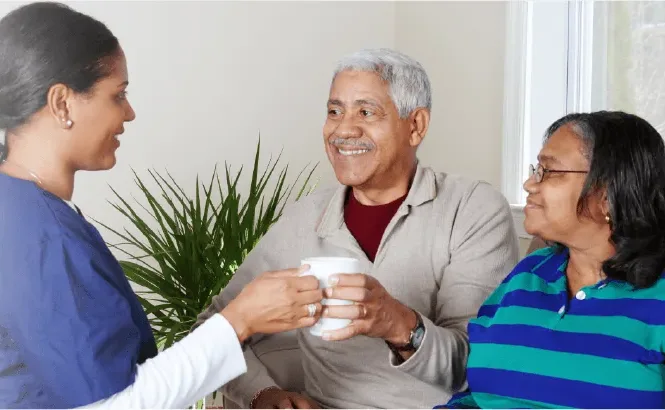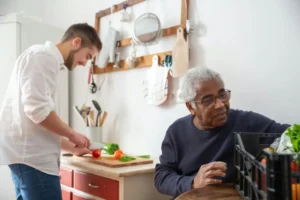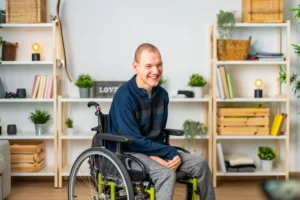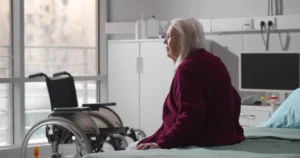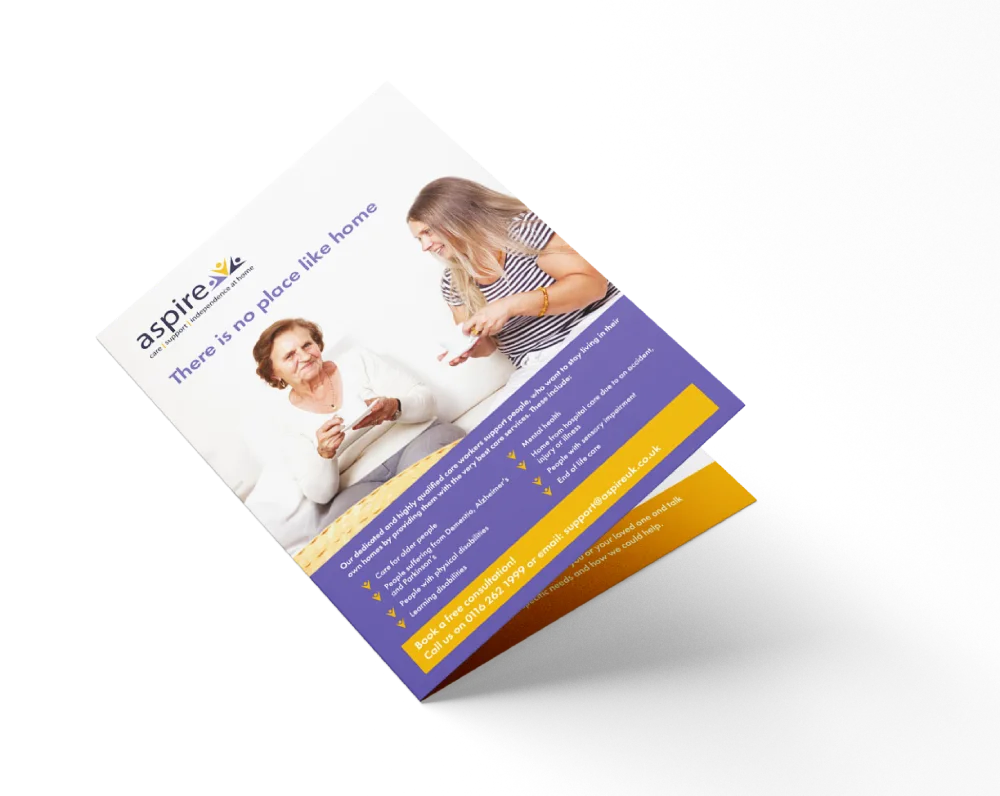The nighttime hours can be challenging for our elderly loved ones, so they often require additional support. From getting up multiple times to use the bathroom or helping them change positions to administering important medications or providing companionship, the support needed varies in frequency and complexity. Overnight care can ensure that your loved one is provided with whatever support they need, all carried out by a highly trained care assistant with compassion and kindness.
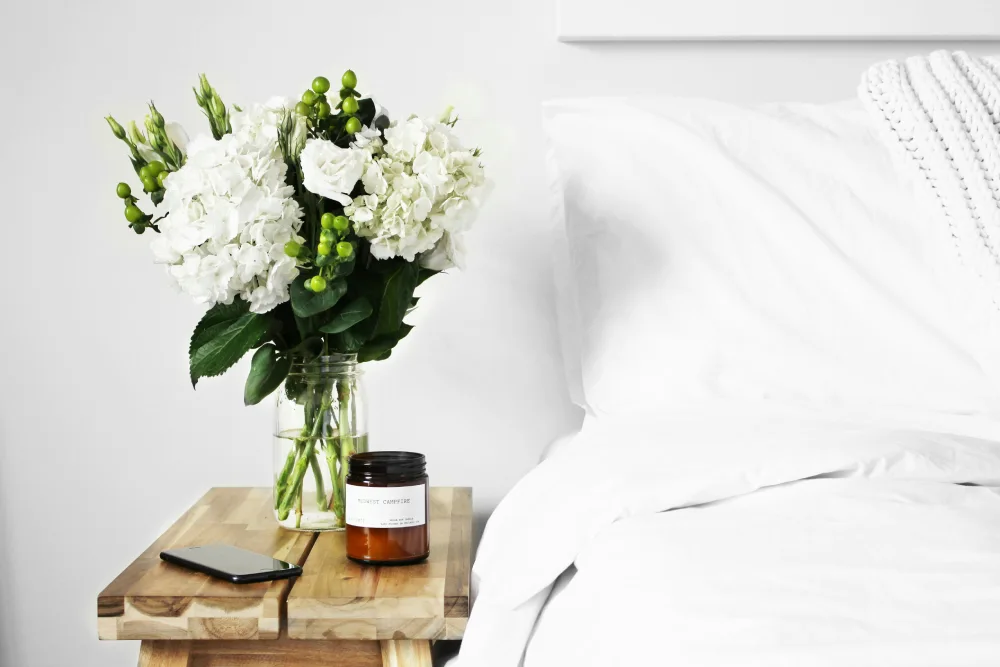
If you have an elderly loved one who could do with some additional support at night, you might be wondering what’s actually included in an overnight care plan.

For more information on overnight care for the elderly or to have us put together a personalised care plan, contact the knowledgeable team at Aspire UK today.
Sleeping vs Waking Care
There are two types of overnight care to choose from:
Sleeping Overnight Care
This is when the care assistant will sleep at your loved one’s home but will be on hand to provide support if necessary. This is often the preferred option when the individual does not tend to have regular care needs but finds themselves feeling more settled and/or secure knowing that there is someone there if required.
Waking Overnight Care
This is when the care assistant is on duty and remains awake at your loved one’s home throughout the night. This is the preferred option when the individual has complex needs (such as dementia or palliative care) or is in frequent need of support overnight (such as needing to use the bathroom or take medication multiple times).
Regardless of the type of overnight care, the care assistant will usually arrive around 9pm and will stay for around 10 hours (the exact times will be confirmed with your care manager). If your loved one receives care during the day, there may be some overlap between the two so that they can do a handover and ensure that the individual is sorted.
What Sorts of Tasks Does an Overnight Care Assistant Perform?
The care assistant can provide support with many tasks, depending on the needs of your loved one. This includes:
- Helping them get ready for bed
The assistant will arrive in time to help your loved one prepare for bed and perform their nighttime routine, including helping them get changed, brush their teeth, toilet, and so on. - Assisting with toileting
Many elderly individuals suffer from an overactive bladder or urinary incontinence, which requires them to get up frequently to use the toilet. The assistant will be there to help. - Assisting with medications
If you have certain medications that you need to take before bed, during the night, or first thing in the morning, the assistant will help to organise and administer these. - Supporting them into and out of bed
All assistants receive training in mobility support so that they can safely and securely help your loved one get into and out of bed, preventing the risk of injury. - Helping them change position
Individuals with limited mobility may need support with repositioning during the night. The assistant will regularly check up on them and make sure they’re comfortable. - Helping them get ready for the day
In the morning, the assistant will help your loved one get out of bed, bathe, get dressed, make breakfast, and perform other personal hygiene tasks so that they’re ready for the day ahead. - Assisting with nutrition and hydration
Some individuals are living with health conditions that require them to eat and/or drink overnight. The assistant can wake your loved one as required and provide suitable sustenance. - Performing safety checks
If your loved one suffers from a health condition that may put their safety at risk (such as dementia or epilepsy), the assistant can check on them periodically to ensure they’re okay. - Providing companionship
Many elderly individuals experience sleep disturbances and insomnia, which can make the nights feel long and drawn out. The assistant can provide companionship when sleep escapes them. - Promotion of restful sleep and comfort
A good night’s sleep is important for our physical and emotional wellbeing. The assistant can create a comfortable and nurturing environment that promotes sleep. - Responding to emergencies
If an emergency were to arise, the assistant would be on top of it straight away and is fully trained in how to respond. They will also be able to call for assistance if required.
Create An Overnight Care Plan for the Elderly with Aspire UK
If you have an elderly relative who requires additional support throughout the night, from changing positions to getting to sleep, overnight care with a highly trained care assistant will ensure that you both get plenty of rest. Get in touch with our helpful team today and we will help create a care plan that covers all of the support your loved one could need.


